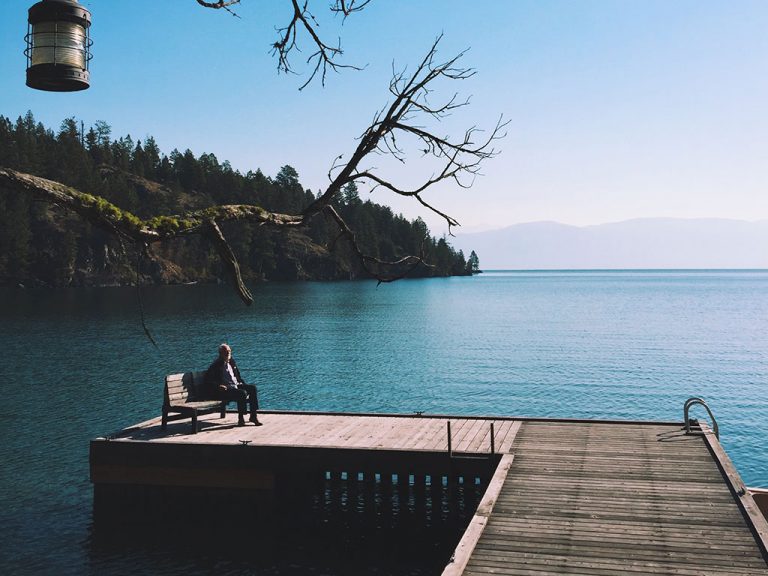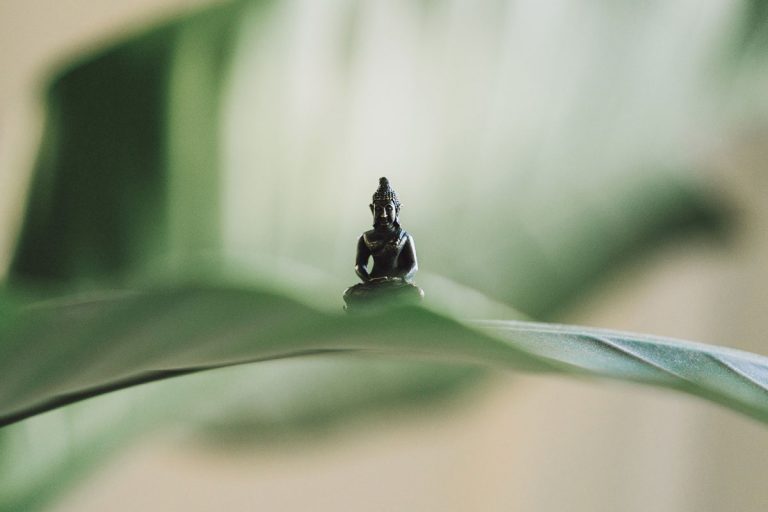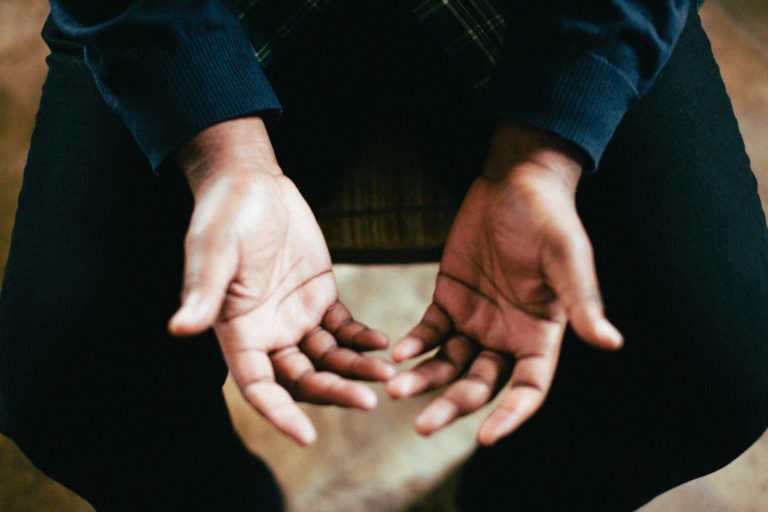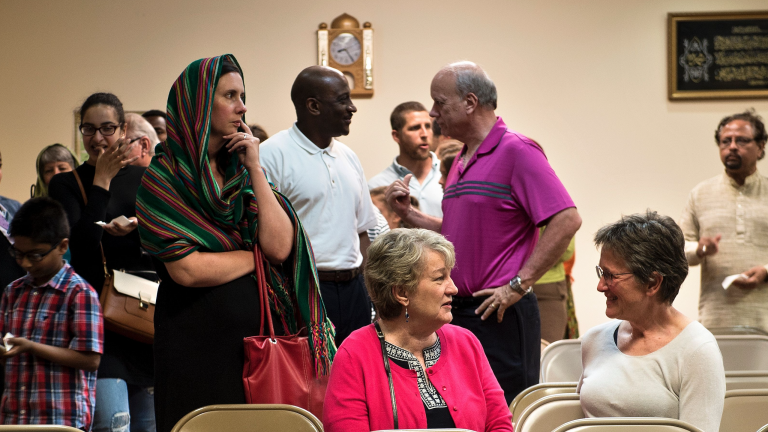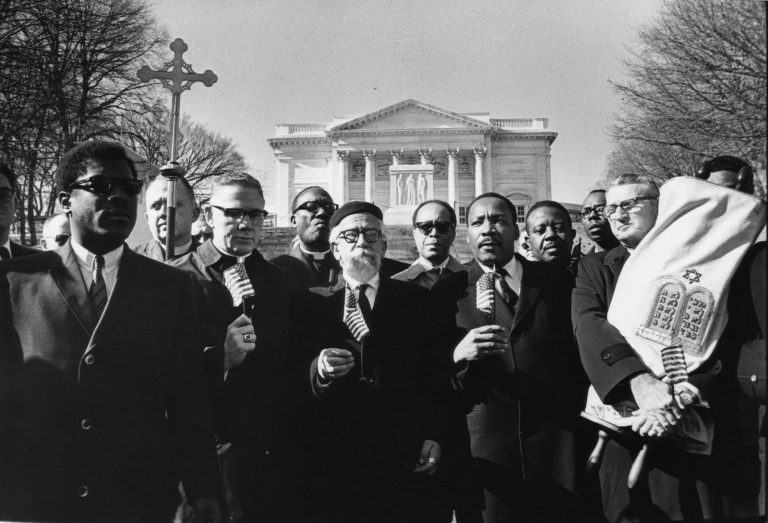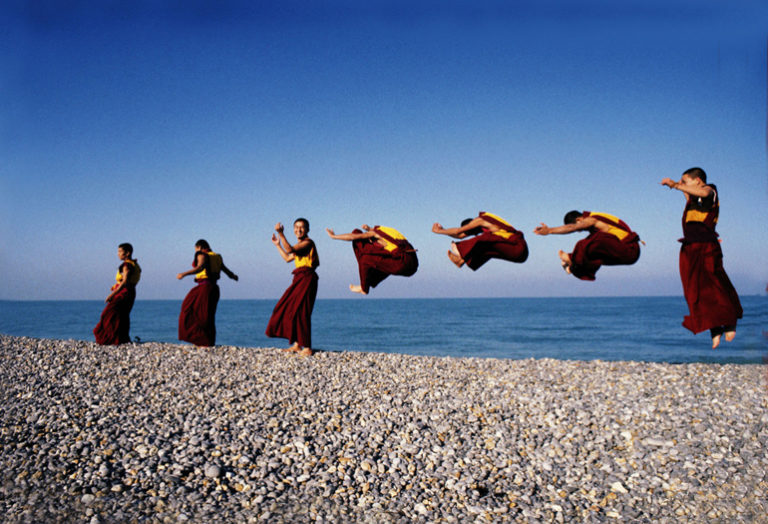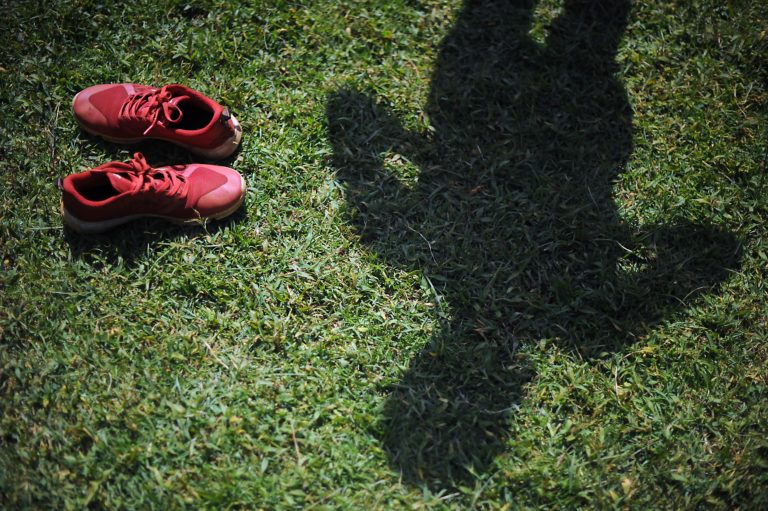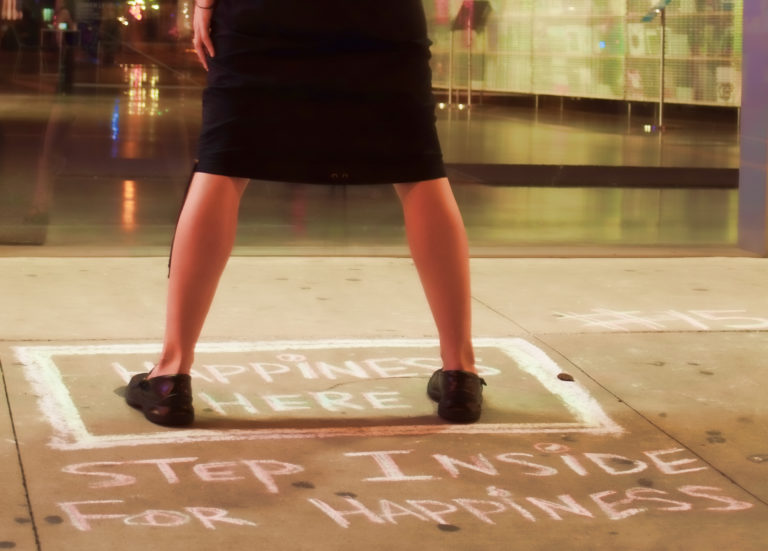Walter Brueggemann is one of the world’s great teachers about the prophets who both anchor the Hebrew Bible and have transcended it across history. He translates their imagination from the chaos of ancient times to our own. He somehow also embodies this tradition’s fearless truth-telling together with fierce hope — and how it conveys ideas with disarming language. “The task is reframing,” he says, “so that we can re-experience the social realities that are right in front of us, from a different angle.”
Public Theology Reimagined
Public theology is about the virtues that accompany the work of theology, not just the ideas. It means connecting grand religious ideas with messy human reality. It means articulating religious and spiritual points of view to challenge and deepen thinking on every side of every important question.
Featured Items
“Prayers are tools not for doing or getting, but for being and becoming.” These are words of the late legendary biblical interpreter and teacher Eugene Peterson. At the back of the church he pastored for nearly three decades, you’d be likely to find well-worn copies of books by Wallace Stegner or Denise Levertov. Frustrated with the unimaginative way he found his congregants treating their Bibles, he translated the whole thing himself and that translation has sold millions of copies around the world. Eugene Peterson’s literary biblical imagination formed generations of pastors, teachers, and readers. His down-to-earth faith hinged on a love of metaphor and a commitment to the Bible’s poetry as what keeps it alive to the world.
View
- List View
- Standard View
- Grid View
87 Results
Filters
Stephen Batchelor’s secular Buddhism speaks to the mystery and vitality of spiritual life in every form. For him, secularism opens to doubt and questioning as a radical basis for spiritual life. Above all, he understands Buddhism without transcendent beliefs like karma or reincarnation to become something urgent to do, not to believe in.
The tensions of our time are well-known. But there are stories that are not being told, because they are not violent and not shouting to be heard. One of them is that all over this country, synagogues and mosques, Muslims and Jews, have been coming to know one another. There is friendship. There are initiatives that are patiently, and at human scale, planting the seeds for new realities across generational time. As part of the Civil Conversations Project, a live conversation at the Union for Reform Judaism’s General Assembly in Boston between Imam Abdullah Antepli and Rabbi Sarah Bassin.
We often find ourselves talking to poets and writers about the vivid connections between art and faith. This special hour came out of a live collaboration between On Being and Selected Shorts at Symphony Space in New York. Claire Danes, Ellen Burstyn, Julie White, and U.S. poet laureate Tracy K. Smith joined us with stories and poems about meaning and mystery.
The wise and lyrical writer Adam Gopnik muses on the ironies of spiritual life in a secular age through the lens of his many fascinations — from parenting, to the arts, to Darwin. He touches on all these things in a conversation inspired by his foreword to The Good Book, in which novelists, essayists, and activists who are not known as religious thinkers write about their favorite biblical passages. Our ancestors acknowledged doubt while practicing faith, he says; we moderns are drawn to faith while practicing doubt.
No challenge before us is more important — and more potentially life-giving — than that we come to see and know our fellow citizens, our neighbors, who have become strangers. Journalist Anand Giridharadas and Whitney Kimball Coe of the Rural Assembly have two very different histories and places in our life together. But they are both stitching relationship across the ruptures that have made politics thin veneers over human dramas of power and frailty, fear and hope. We spoke at the Obama Foundation’s inaugural summit in Chicago.
It’s easy to despair at all the bad news and horrific pictures that come at us daily. But Roshi Joan Halifax says this is a form of empathy that works against us. There’s such a thing as pathological altruism. This zen abbot and medical anthropologist has nourishing wisdom as we face suffering in the world.
September 21, 2017
Arnold Eisen
The Spiritual Audacity of Abraham Joshua Heschel
“In a free society, some are guilty, but all are responsible.” A mystic, a 20th-century religious intellectual, a social change agent, Rabbi Abraham Joshua Heschel marched alongside Martin Luther King, Jr., famously saying afterwards that he felt his legs were praying. Heschel’s poetic theological writings are still read and widely studied today. His faith was as much about “radical amazement” as it was about certainty. And he embodied the passionate social engagement of the prophets, drawing on wisdom at once provocative and nourishing.
A French-born Tibetan Buddhist monk and a central figure in the Dalai Lama’s dialogue with scientists, Matthieu Ricard was dubbed “The Happiest Man in the World” after his brain was imaged. But he resists this label. In his writing and in his life, he explores happiness not as pleasurable feeling but as a way of being that gives you the resources to deal with the ups and downs of life and that encompasses many emotional states, including sadness. We take in Matthieu Ricard’s practical teachings for cultivating inner strength, joy, and direction.
We explore a topic our listeners have called out as a passionate force and a connector across all kinds of boundaries in American culture: running. Not just as exercise, or as a merely physical pursuit, but running as a source of bonding between parents and children and friends; running as an interplay between competition and contemplation; running and body image and survival and healing.
The renowned actor as you’ve never heard him before. He has appeared in over 100 films, including Apocalypse Now. He’s best known on television as President Bartlet in The West Wing. But Martin Sheen, born and still legally named Ramón Estévez, has had another lesser-known life as a spiritual seeker and activist. He returned to a deep and joyful Catholic faith after a crisis at the height of his fame in mid-life. He’s been arrested over 60 times in vigils and protests. “Piety is something you do alone,” he says. “True freedom, spirituality, can only be achieved in community.”
A philosopher’s questioning and a scientist’s eye shape Enrique Martínez Celaya’s original approach to art and to life. A world-renowned painter who trained as a physicist, he’s fascinated by the deeper order that “whispers” beneath the surface of things. Works of art that endure, he says, possess their own form of consciousness. And a quiet life of purpose is a particular form of prophecy.
The moral life, Marie Howe says, is lived out in what we say as much as what we do. She became known for her poetry collection What the Living Do, about her brother’s death at 28 from AIDS. Now she has a new book, Magdalene. Poetry is her exuberant and open-hearted way into the words and the silences we live by. She works and plays with a Catholic upbringing, the universal drama of family, the ordinary rituals that sustain us — and how language, again and again, has a power to save us.
February 2, 2017
Chuck Colson, Greg Boyd, and Shane Claiborne
How to Be a Christian Citizen: Three Evangelicals Debate
To be Evangelical is not one thing, even on abortion. This conversation about Christianity and politics with three generations of Evangelical leaders — Shane Claiborne, Greg Boyd, and the late Chuck Colson — feels more relevant in the wake of the 2016 election than it did when we first recorded it. We offer this searching dialogue, which is alive anew, to a changed political landscape.
Before Pope Francis, James Martin was perhaps the best-loved Jesuit in American life. He’s followed the calling of St. Ignatius of Loyola, the founder of the Jesuit order, to “find God in all things” — and for him that means being a writer of books, an editor of America magazine, and a wise and witty presence on Twitter, Facebook, and Instagram. To delve into Fr. Martin’s way of being in the world is to discover the “spiritual exercises” St. Ignatius designed to be accessible to everyone more than six centuries ago.
October 27, 2016
Natasha Trethewey + Eboo Patel
How To Live Beyond This Election
This political season has surfaced our need to reimagine and re-weave the very meaning of common life and common good. We take a long, nourishing view of the challenge and promise of this moment with former U.S. Poet Laureate Natasha Trethewey and interfaith visionary Eboo Patel. This is the second of two public conversations convened by the John C. Danforth Center on Religion and Politics at Washington University in St. Louis on the eve of the 2016 presidential debate on that campus.
October 20, 2016
David Brooks + E.J. Dionne
Sinfulness, Hopefulness, and the Possibility of Politics
This is a strange, tumultuous political moment. With columnists David Brooks and E.J. Dionne, we step back from the immediate political gamesmanship. We take public theology as a lens on the challenge and promise we will all be living as citizens, whoever our next president might be. This public conversation was convened by the John C. Danforth Center on Religion and Politics at Graham Chapel at Washington University in St. Louis, the day before the second presidential debate on that campus.
Xavier Le Pichon, one of the world’s leading geophysicists, helped create the field of plate tectonics. A devout Catholic and spiritual thinker, he raised his family in intentional communities centered around people with mental disabilities. He shares his rare perspective on the meaning of humanity — a perspective equally informed by his scientific and personal encounters with fragility as a fundament of vital, evolving systems. Le Pichon has come to think of caring attention to weakness as an essential quality that allowed humanity to evolve.
“The soul is contained in the human voice,” says David Isay, founder of StoryCorps. He sees the StoryCorps booth — a setting where two people ask the questions they’ve always wanted to ask each other — as a sacred space. He shares his wisdom about listening as an act of love, and how eliciting and capturing our stories is a way of insisting that every life matters.
The Pause
Join our constellation of listening and living.
The Pause is our seasonal Saturday morning ritual of a newsletter. Replenishment and invigoration in your inbox. Wisdom to take into your week. And when you sign up, you’ll receive ongoing, advance invitations and news on all things On Being.
Search results for “”
View
- List View
- Standard View
- Grid View
Filters
